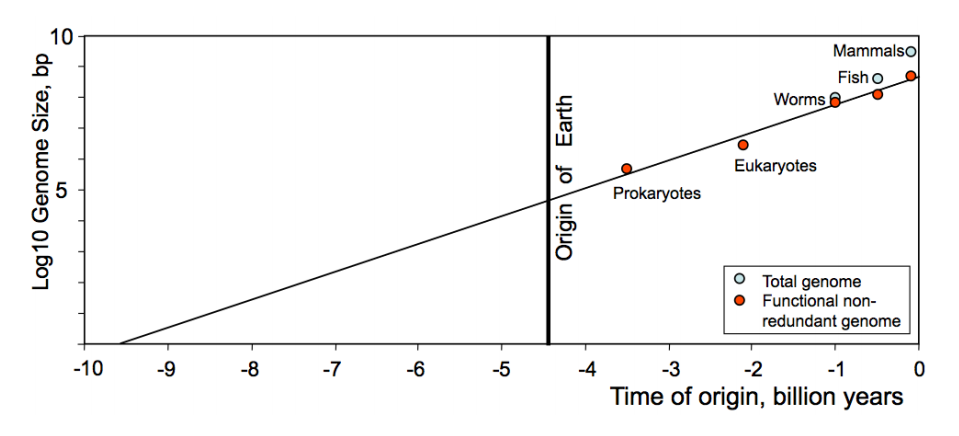- Google Floats Renewable Energy Data Center Plan
Google tries to use its buying clout to prod utilities to offer renewable energy option.
Google has spent more than $1 billion in solar and wind energy projects but it ultimately has no control over the fuel that produces the electricity that powers its data centers. Google today is proposing a new tariff to buy renewable energy directly from utilities, a model it hopes will help scale renewable energy for data centers and other big energy consumers.



- Samsung Demos a Tablet Controlled by Your Brain
An easy-to-use EEG cap could expand the number of ways to interact with your mobile devices.
One day, we may be able to check e-mail or call a friend without ever touching a screen or even speaking to a disembodied helper. Samsung is researching how to bring mind control to its mobile devices with the hope of developing ways for people with mobility impairments to connect to the world. The ultimate goal of the project, say researchers in the company’s Emerging Technology Lab, is to broaden the ways in which all people can interact with devices.



- A Longer Lasting Phone? Google's Larry Page Says It's Coming
Improved battery life and durability could be big selling points for new phones from Motorola.
In his January earnings call, Google CEO Larry Page complained that our phones died too quickly and broke too easily. On Google’s next quarterly earnings call today, he cited the same concerns and said new products being cooked up at Motorola Mobility would address them. Google acquired for $12.5 billion last May (see “What Ideas Does Google Have Brewing at Motorola?”).



- The Digital Public Library of America Opens its Doors
A new website is the start of a bold project to digitize America’s cultural heritage.
The Digital Public Library of America, an ambitious, troubled effort to make the America’s entire literary heritage universally accessible, opened its doors today.



- Solar Cooling With Photonic Reflector Panel
Stanford researchers conceive of panel that ejects building heat into space.
Stanford researchers are developing rooftop panels that cool buildings by sending heat back into space, a technique that could be more efficient than running an air conditioner from solar panels.



- How Facial Recognition Tech Could Help Trace Terrorism Suspects
The FBI could use software to help identify suspects, and more advanced techniques are around the corner.
The FBI appealed to the public Thursday for help identifying two men shown in pixilated photos and video footage who are suspected of involvement in Monday’s bomb attacks in Boston.
The two men, now identified as Tamerlan Tsarnaev and Dzhokhar Tsarnaev, brothers originally from Chechnya, were involved in a dramatic shootout with police in Cambridge, Massachusetts, on Thursday night. The pair robbed a 7/11 and killed an MIT police officer before hijacking a car and engaging police in pitched battles in the suburb of Watertown. The older of the two men, Tamerlan Tsarnaev, was killed during a shootout with police while his younger brother, Dzhokhar, remains on the run as of Friday morning.



- uBiome Will Catalog Your Microbes, Again and Again
Your genome may not change, but your microbiome will.
Sequencing startup uBiome marked its next phase today with the launch of its new sales site where customers can order a swab kit for checking on the bacteria living in their gut, mouth, nose, genitals, or behind the ear.



Digest powered by RSS Digest







